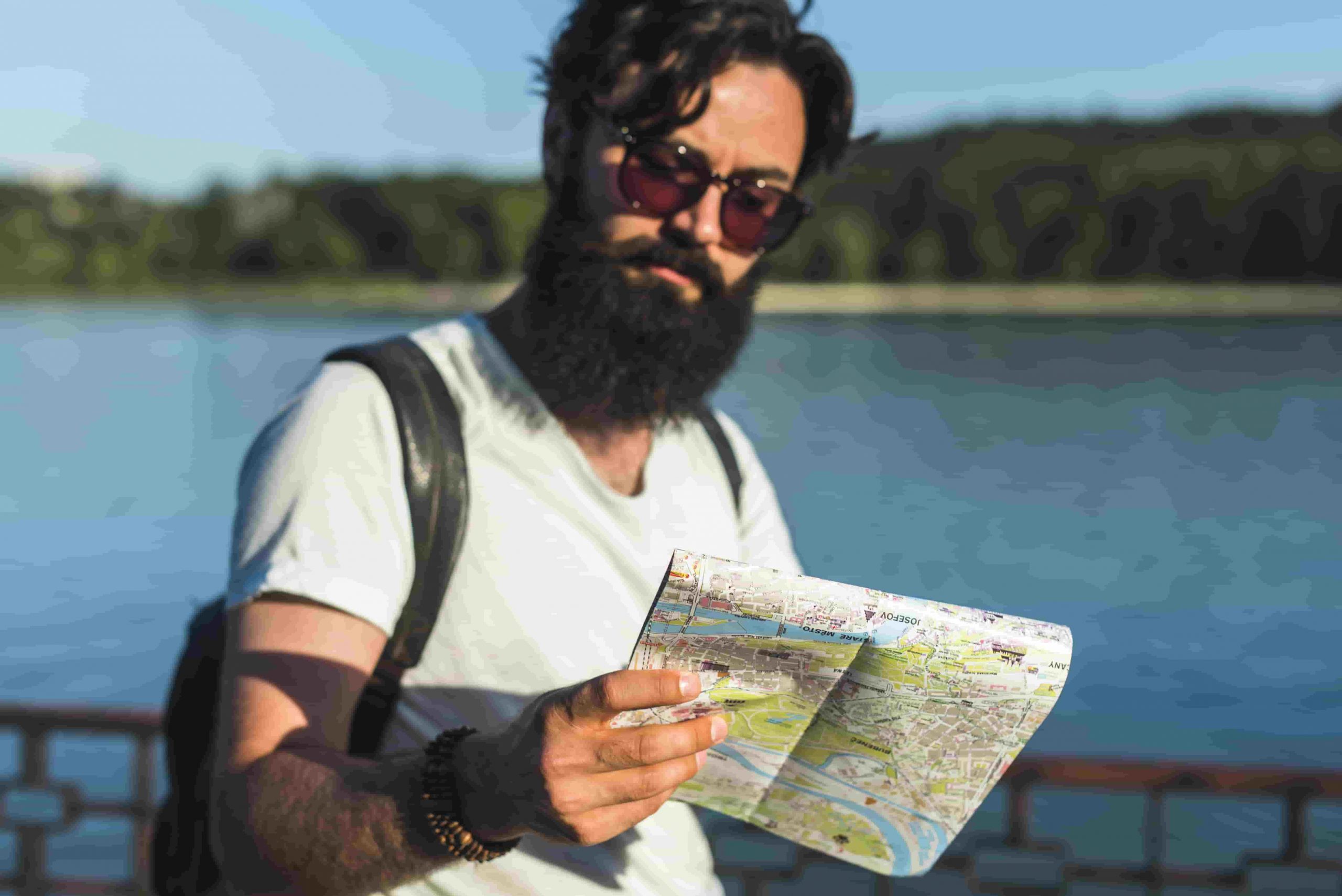Introduction to Coastal and Island Hunting
Imagine the gentle breeze carrying the scent of saltwater mingling with the earthy aroma of coastal forests. Coastal and island hunting is not just about stalking prey; it’s about experiencing nature in its most untouched form. For hunters, outdoor enthusiasts, and adventure seekers, these unique environments offer a blend of challenge and tranquility that’s hard to find elsewhere.
This guide will unravel the allure of coastal and island hunting, providing you with insights into the best destinations, essential gear, and the unique challenges these environments present. We aim to equip you with the knowledge needed to plan your next thrilling hunt while maintaining respect for the delicate ecosystems you’ll encounter.
Whether you’re drawn to the rugged coastlines of New Zealand or the exotic islands of the Caribbean, coastal and island hunting offers endless opportunities for discovery. In this post, we will explore various aspects of this hunting niche and inspire you to expand your horizons.
The Best Coastal and Island Hunting Destinations Worldwide
When it comes to coastal and island hunting, location is everything. Each destination offers a distinct landscape, wildlife, and adventure. Here are some top destinations that promise unforgettable experiences.
The Alaskan coastline is a prime hunting ground for those seeking large game like moose and coastal bears. Its vast wilderness is relatively untouched, providing a pristine environment for ethical hunting. Meanwhile, Iceland offers opportunities to hunt geese and ptarmigan amidst stunning volcanic landscapes.
Across the globe, New Zealand’s diverse ecosystems host a range of game, from red deer to wild boar. The country’s unique topography, with coastal cliffs and lush forests, presents both challenges and rewards for the avid hunter. Similarly, the Scottish Isles provide an atmospheric backdrop for deer stalking, where the misty seascapes add a mystical touch to the hunt.
The Caribbean islands, though more known for their beaches, offer game such as wild hogs and rabbits. The exotic setting and warmer climates provide a different kind of hunting experience, where the thrill is coupled with cultural exploration.
Essential Gear and Preparation Tips for Coastal and Island Hunts
Preparing for a coastal or island hunt requires careful planning and the right equipment. The environment can be unpredictable, and having the right gear can make all the difference between a successful hunt and a challenging ordeal.
Start with clothing that is suitable for varying climates – coastal areas can be humid and windy while island climates may be hot and wet. Waterproof gear is essential, as are layers that can be adjusted according to the weather. Specialty footwear that provides good grip and support is crucial for navigating rocky coastlines and uneven terrain.
Optics are another vital component. High-quality binoculars and scopes will aid in spotting game from a distance, a necessity when hunting on open coasts or islands. Additionally, a reliable GPS device ensures safety and efficiency, particularly in unfamiliar territories.
Finally, consider the types of game you aim to hunt and pack the appropriate firearms or bows. Remember to check local regulations on hunting equipment and licenses. Preparing adequately enhances your experience and ensures your safety in these remote and often demanding environments.
Challenges and Unique Aspects of Coastal and Island Hunting
Coastal and island hunting is not without its challenges. The unique geography and climate of these areas can present obstacles that test even the most experienced hunters.
Coastal regions can be subject to rapidly changing weather conditions. A sunny morning can quickly turn into a stormy afternoon, making navigation tricky. Tidal patterns also play a role, affecting access to certain areas and impacting the behavior of game animals.
Island hunting, on the other hand, often involves transportation logistics. Accessing remote islands may require boats or even small aircraft, adding a layer of complexity to the hunt. The isolation of these locations means hunters must be self-sufficient, prepared for extended stays with limited resources.
Wildlife in these areas has adapted uniquely to their environments, often requiring different hunting techniques. Patience and adaptability are key, as is understanding the specific habits and habitats of your quarry. These challenges, however, are part of what makes coastal and island hunting so rewarding.
Conservation and Ethical Hunting Practices in Coastal and Island Environments
Ethical hunting practices are vital, especially in the sensitive ecosystems of coastal and island regions. The balance between enjoying the sport and preserving nature’s beauty is crucial.
Conservation efforts focus on maintaining healthy wildlife populations and their habitats. Hunters can contribute by respecting seasonal limits and ensuring they have the necessary permits. Supporting local conservation projects is another way to give back to the areas that offer such rich hunting experiences.
Educating oneself about local wildlife and their roles in the ecosystem contributes to more sustainable hunting practices. Hunters should strive to understand the impact their activities have and aim to minimize any negative effects.
Ethical hunting is not merely about following regulations; it’s about fostering a deeper respect for nature. This mindset ensures that future generations can continue to enjoy the beauty and challenge of coastal and island hunting.
Personal Stories and Experiences from Coastal and Island Hunts
Stories from fellow hunters who have ventured into coastal and island territories bring these experiences to life. Each tale is a unique blend of challenge, triumph, and respect for nature.
One hunter recalls a heart-pounding encounter with a coastal bear in Alaska. The bear’s sudden appearance was as thrilling as it was intimidating, underscoring the need for preparedness and respect for the wildlife.
Another shares the serene beauty of stalking deer in the Scottish Isles. The mist rolling over the hills created a sense of stepping back in time, where the hunt was as much about the atmosphere as the game.
A group of friends recounts their trip to the Caribbean, where hunting wild hogs was complemented by interactions with local communities. The blend of culture and adventure made their trip a fulfilling experience beyond the hunt itself.
Conclusion
Coastal and island hunting offers a unique blend of adventure, sport, and connection with nature. Whether you’re drawn to the challenge of navigating rugged coastlines or the allure of isolated islands, these environments promise enriching experiences for hunters and outdoor enthusiasts alike.
We invite you to explore these new hunting frontiers. Bring your passion, respect for nature, and a sense of adventure as you discover the diverse opportunities that await. For those ready to take the next step, consider reaching out to local guides or joining hunting communities to share and learn from one another’s experiences.

